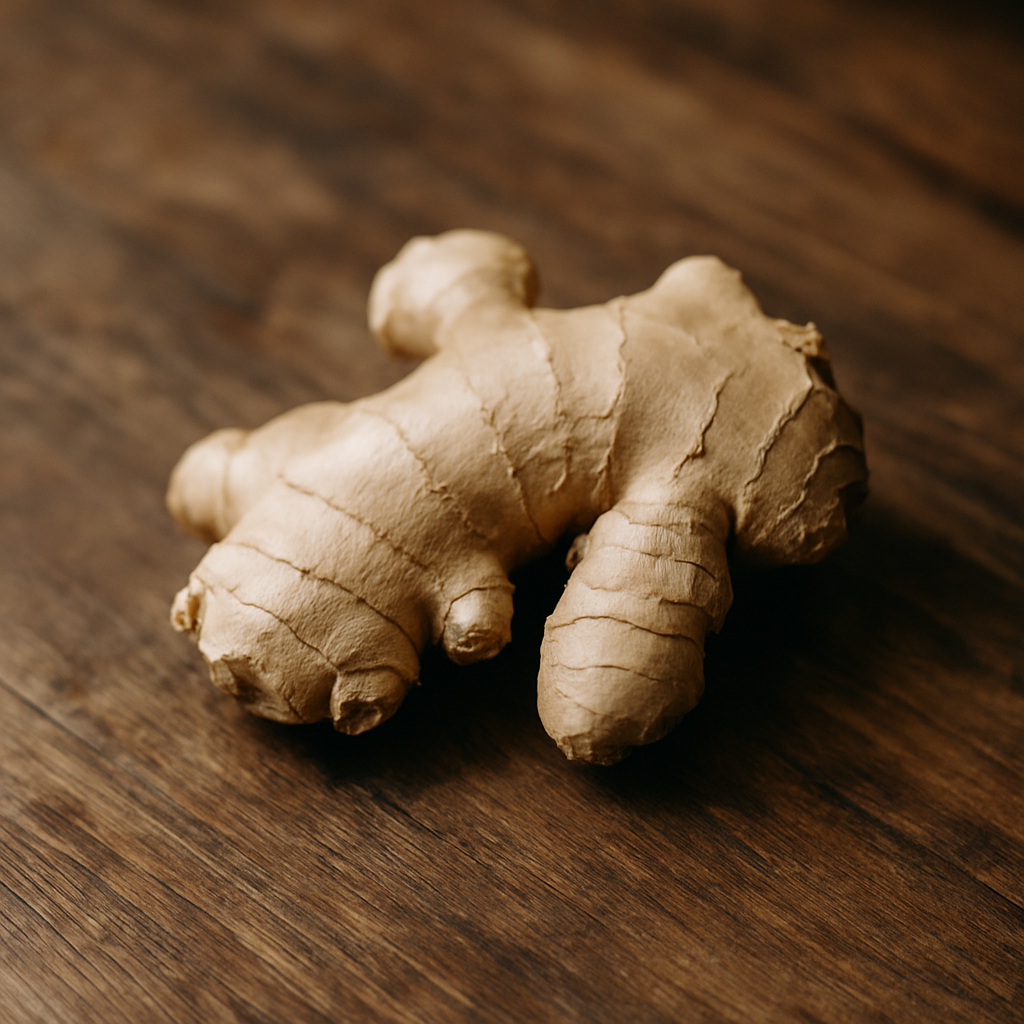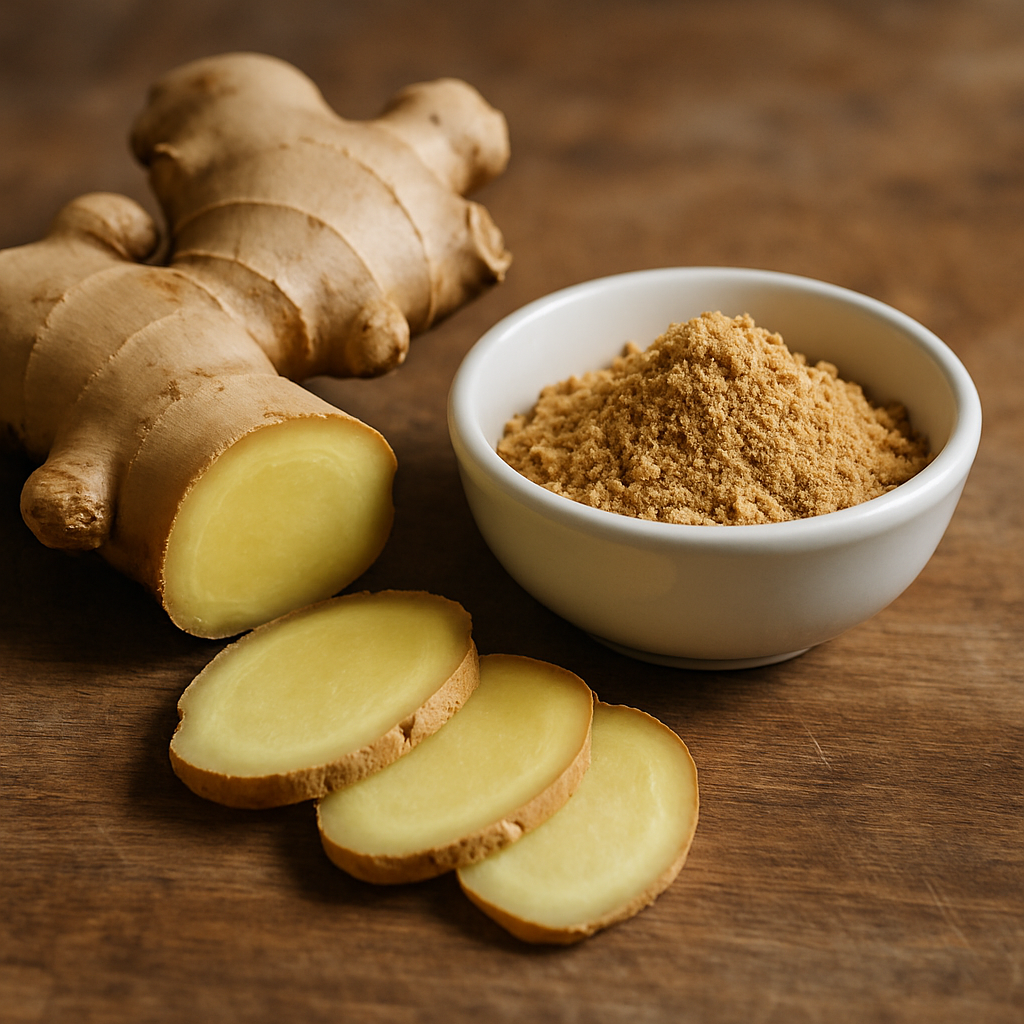Ask Ayurvedic doctor a question and get a consultation online on the problem of your concern in a free or paid mode. More than 2,000 experienced doctors work and wait for your questions on our site and help users to solve their health problems every day.
Is Ginger Good for Piles: Ayurvedic Insights and Practical Tips

Living with piles can be frustrating and honestly, a little embarrassing to talk about. The burning, itching, and discomfort often push people to look for natural remedies that can bring fast relief. One common question people ask is: is ginger good for piles? Some believe ginger in piles works like a healing spice, while others worry and ask, can ginger cause piles? or does ginger cause piles if eaten too much? It’s confusing, right? In this article, we’ll explore the role of ginger for piles — how it helps, when it may harm, and what Ayurveda has to say about it. If you’ve ever wondered can we eat ginger in piles or ginger is good for piles or not, you’re in the right place.

Is Ginger Good for Piles?
Ginger has been celebrated for thousands of years as both a spice and a medicine. From Ayurveda to modern herbal medicine, it is praised for improving digestion, reducing inflammation, and even calming nausea. But when it comes to piles, things get a little more complicated. Some people swear by ginger’s soothing effects, while others feel it worsens burning sensations. So, what’s the truth?
Ginger in Piles: Ayurvedic Perspective
According to Ayurveda, piles (or Arsha) often arise due to imbalances in digestion, poor elimination, and aggravation of the body’s doshas. Ginger is considered a warming spice that stimulates Agni (digestive fire). That’s why Ayurvedic doctors sometimes recommend it in small, balanced amounts for better bowel movement.
However, Ayurveda also warns that too much heat can irritate swollen veins in the rectal area. This means ginger can be both friend and foe. If used correctly, it may relieve constipation and bloating, which are triggers for piles. But overdoing it could make the burning sensation worse. So yes — ginger for piles is helpful, but with caution.
Ginger Is Good for Piles or Not: Common Beliefs vs. Facts
Many home remedies pass around in whispers: “ginger is good for piles” or “don’t touch ginger if you have hemorrhoids.” The truth lies somewhere in between. Scientifically, ginger has anti-inflammatory compounds like gingerol that can help reduce swelling. But it can also increase warmth in the body, which may not feel pleasant if piles are already inflamed.
So instead of asking simply is ginger good for piles or not, it’s better to ask: how much ginger, in what form, and when?
Don't wait or self medicate. Start chat with Doctor NOW
Benefits of Ginger for Piles Relief
Now let’s dig into why so many people find ginger helpful in their piles journey.
Ginger for Piles: Digestive and Anti-Inflammatory Effects
Constipation is one of the biggest culprits behind piles. Ginger helps stimulate digestion, soften stools indirectly, and ease bowel movements. By reducing strain during toilet visits, it can prevent piles from worsening. The anti-inflammatory effect of ginger also means less swelling and irritation in rectal veins.
Some people even say their bloating and heaviness vanished after a week of adding small amounts of ginger tea to their diet. Of course, everyone’s body reacts differently.
Is Ginger Tea Good for Piles?
Ah, ginger tea — soothing for the throat, refreshing for the stomach. But is ginger tea good for piles? The answer is mostly yes, but with moderation. Drinking warm ginger tea can help digestion and reduce gas, both of which ease piles symptoms.
Still, avoid making it too strong. Over-spiced tea may increase heat in the digestive tract, leading to irritation. Adding honey or a squeeze of lemon balances the flavor and reduces the fiery effect.
Possible Risks and Side Effects of Ginger in Piles
Like most natural remedies, ginger isn’t all sunshine. While many people find it useful, some also experience side effects. One common concern is can ginger cause piles? The truth is, ginger itself doesn’t cause piles — piles happen due to constipation, pressure, poor circulation, or lifestyle issues.
But, if you already have piles, eating too much ginger may worsen symptoms. For example, its heating nature can increase burning sensation in the rectal area. Some people even report itching or irritation after having large quantities. That doesn’t mean ginger is “bad,” just that it must be balanced.
Another thing worth noting: ginger can thin the blood slightly. So if you’re on blood-thinning medicines, or if your piles are bleeding, large doses of ginger tea or raw ginger might not be the smartest choice. Always better to check with your doctor before adding a lot of ginger into your diet.
And let’s be honest — sometimes people overdo home remedies thinking “more is better.” In reality, too much ginger may lead to stomach upset, diarrhea, or increased acidity. That’s the last thing you want when dealing with piles.

How to Use Ginger Safely for Piles
So, can we eat ginger in piles? Yes, but wisely. The key is moderation and smart combinations. Let’s explore a few safe and practical ways.
Ginger and Piles: Herbal Blends That May Help
Instead of eating raw ginger, which can be too harsh, try gentle blends. For example:
-
Ginger with honey: A classic combination that soothes the stomach. A teaspoon of ginger juice with a few drops of honey can reduce bloating without causing irritation.
-
Ginger with lemon water: Drinking warm lemon water with a pinch of ginger in the morning may improve digestion and help regulate bowel movements.
-
Herbal teas: Mix ginger with cooling herbs like mint or chamomile. This balances its heating property and makes it more suitable for piles sufferers.
In Ayurveda, it’s often suggested to combine ginger with other spices like fennel or coriander, which help reduce excessive heat. That way, you still get the digestive benefits without the fiery downside.
Ginger Effect on Piles When Mixed with Other Remedies
Here’s something interesting: ginger effect on piles may actually improve when used in combination with other natural remedies. For instance, pairing ginger tea with a fiber-rich diet (oats, fruits, leafy veggies) supports smoother bowel movements.
Some traditional remedies even recommend mixing small amounts of dry ginger powder with buttermilk. The cooling nature of buttermilk offsets the heat of ginger. While not scientifically “proven,” many people in India swear by this combo for piles relief.
The bottom line: ginger and piles don’t have to be enemies. It’s all about how you prepare and consume it.
Conclusion
So, is ginger good for piles or not? The answer isn’t black and white. Ginger can help with digestion, reduce inflammation, and prevent constipation — all of which are crucial in managing piles. But on the flip side, too much ginger or consuming it in the wrong way may worsen burning, irritation, or even bleeding.
The smartest approach is moderation. Use ginger in light forms like herbal teas, mixes with honey, or diluted in meals, instead of raw, concentrated doses. And always listen to your body: if something doesn’t feel right, cut back.
Remember: piles are not just about food. Lifestyle changes — like regular exercise, drinking water, and eating high-fiber meals — play a much bigger role. Ginger can be a helpful companion, but it’s not a miracle cure.
FAQs
1. Can ginger cause piles if consumed in excess?
Not exactly. Ginger doesn’t directly cause piles, but too much may increase burning and discomfort in people who already have piles.
2. Does ginger tea help in piles relief?
Yes, mild ginger tea can aid digestion and reduce constipation. Just avoid making it too strong, or drinking it too often.
3. How much ginger should I eat if I have piles?
Small amounts — about half to one teaspoon daily, mixed with food or tea — is usually safe. Avoid eating large chunks of raw ginger if you’re sensitive.

